Chinese football has once again stepped into the spotlight with the potential transfer rumors of 27-year-old Chinese forward Zhang Yuning to La Liga powerhouse Atletico Madrid sweeping through the sports circle. Is this an opportunity to change history, or just a fleeting moment of excitement? Many people can't help but ask: Can Chinese players truly establish themselves in Europe's top leagues? This seems like a personal battle for Zhang Yuning, but it is also a reflection of the "highlight" and "embarrassment" intertwined within Chinese football as a whole.

When talking about Zhang Yuning, many wonder why he has caught the attention of Atletico Madrid. In fact, all the answers lie in his growth story. Born in Zhejiang, Zhang Yuning did not come from a prominent background; his father was an ordinary sports coach who provided him with endless encouragement and support. He showed a passion for football from a young age, moving from small local pitches to the Hangzhou Greentown youth training camp.
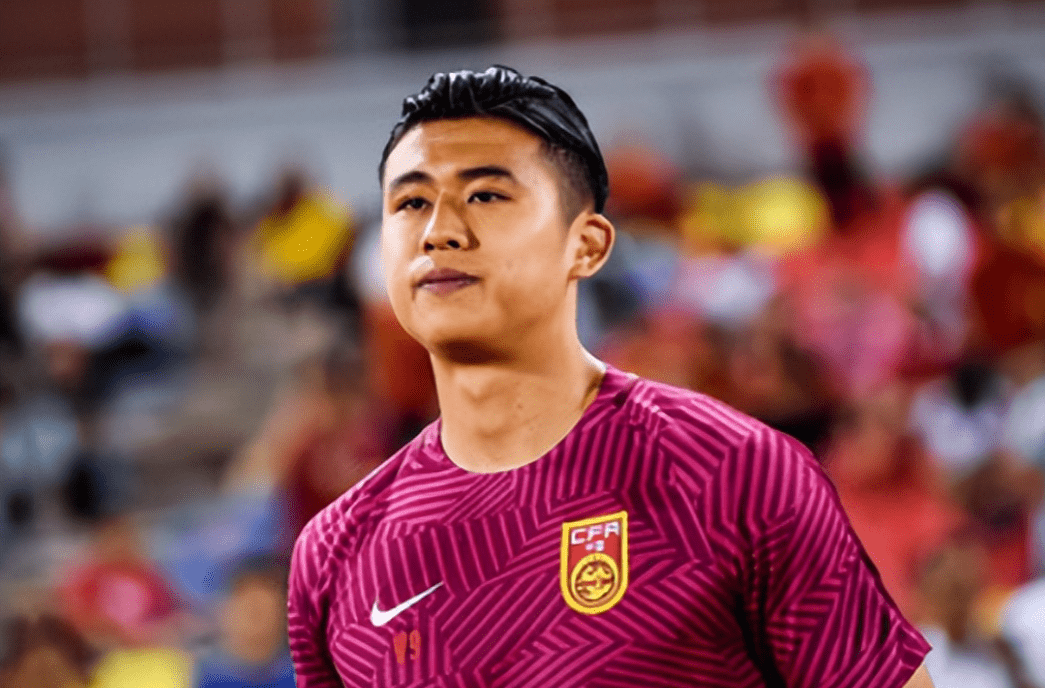
"Talent plus hard work" is an old saying in the football world, and Zhang Yuning is a perfect example of this. During his time at the Greentown academy, he stood out among his peers with his excellent physical attributes and keen tactical awareness. Later, his performances with China's U19 and U23 teams were remarkable, scoring crucial goals multiple times and helping the team reach higher stages in Asian youth competitions.
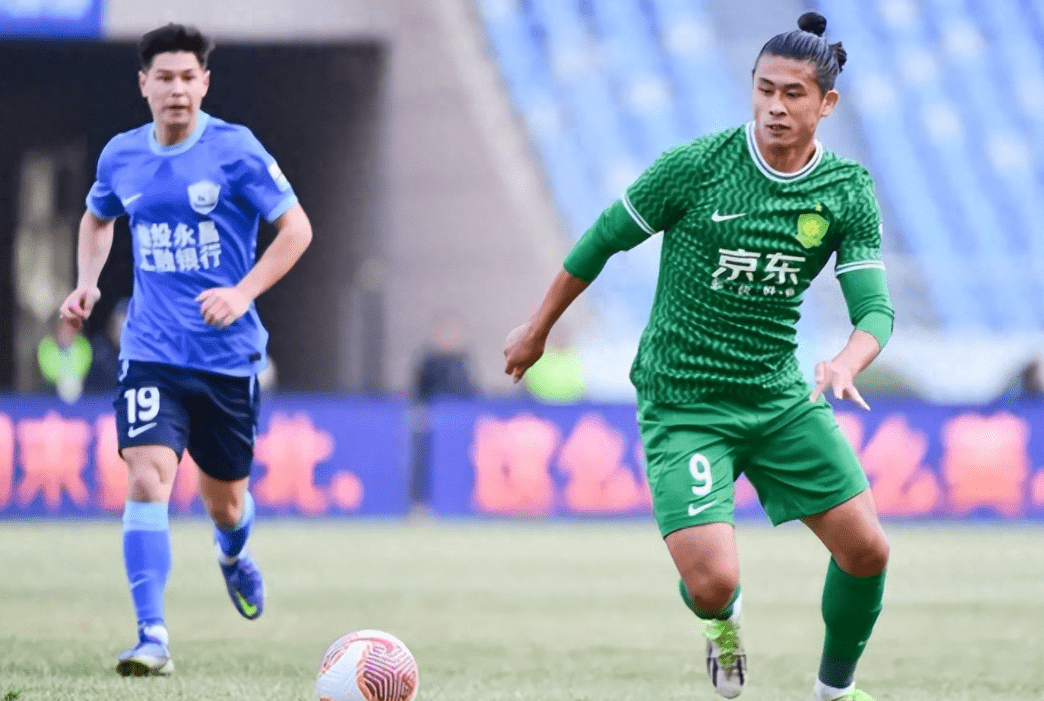
The process of this unremarkable child growing into the "future hope" in the eyes of domestic fans is touching: personal effort is indeed a key factor in breaking through barriers.
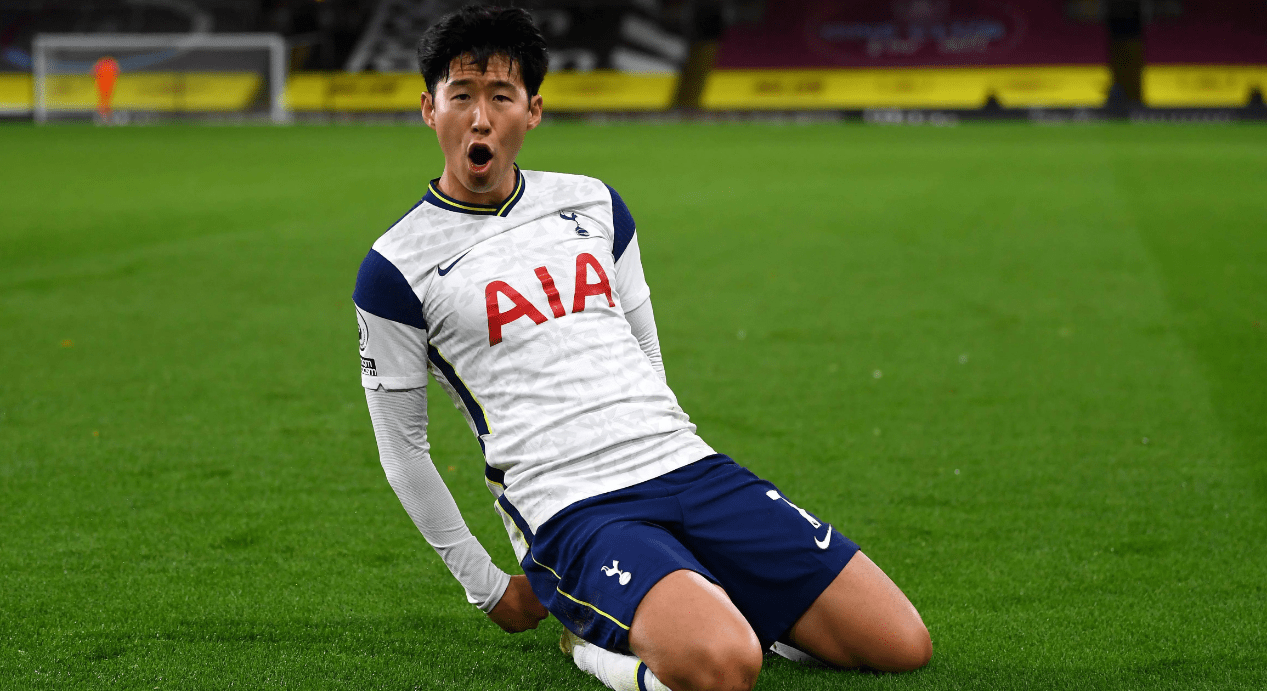
However, Zhang Yuning's story also exposes the shortcomings of Chinese football. His success seems to be a "lucky" case within the entire youth training system rather than an inevitable result of a well-established mechanism. In other words, if Zhang Yuning could emerge, how many other equally talented young players are silently buried due to lack of resources?
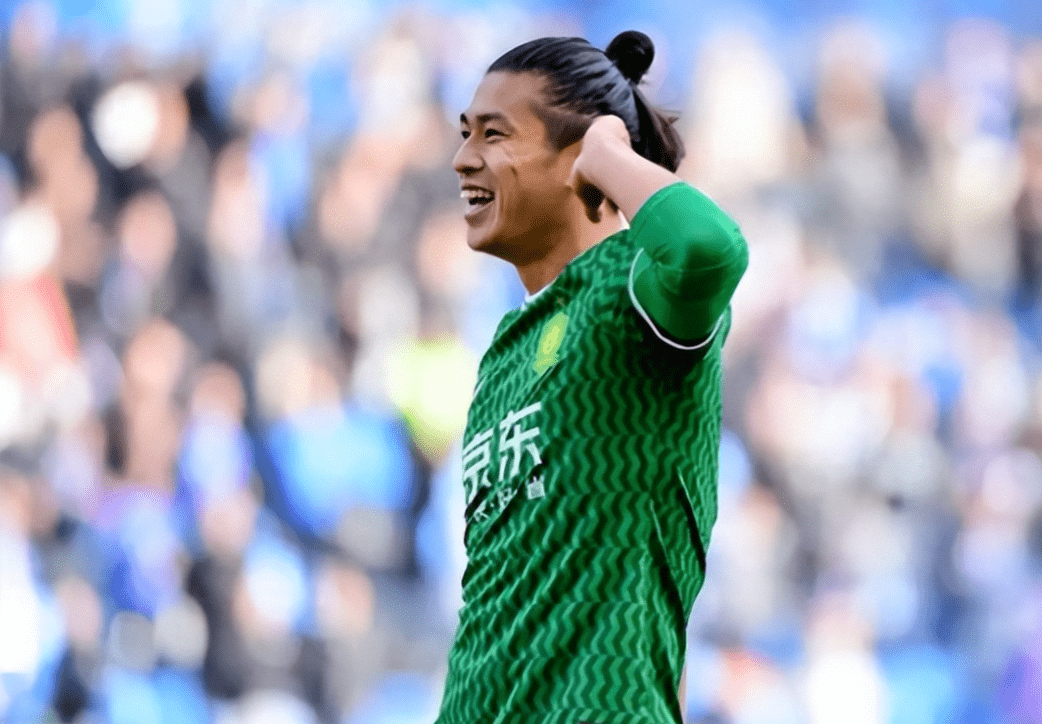
Looking at the performance of Japanese and South Korean players in Europe, we must admit that we are far behind. South Korea's Son Heung-min has firmly established himself at Tottenham Hotspur and become one of the brightest stars in the Premier League; Japan's Shinji Kagawa and Takumi Minamino have also shone at Borussia Dortmund and Liverpool. On the other hand, China? Besides Wu Lei's brief moment of glory at Espanyol, it's hard to find any players who can take root in Europe's mainstream leagues.
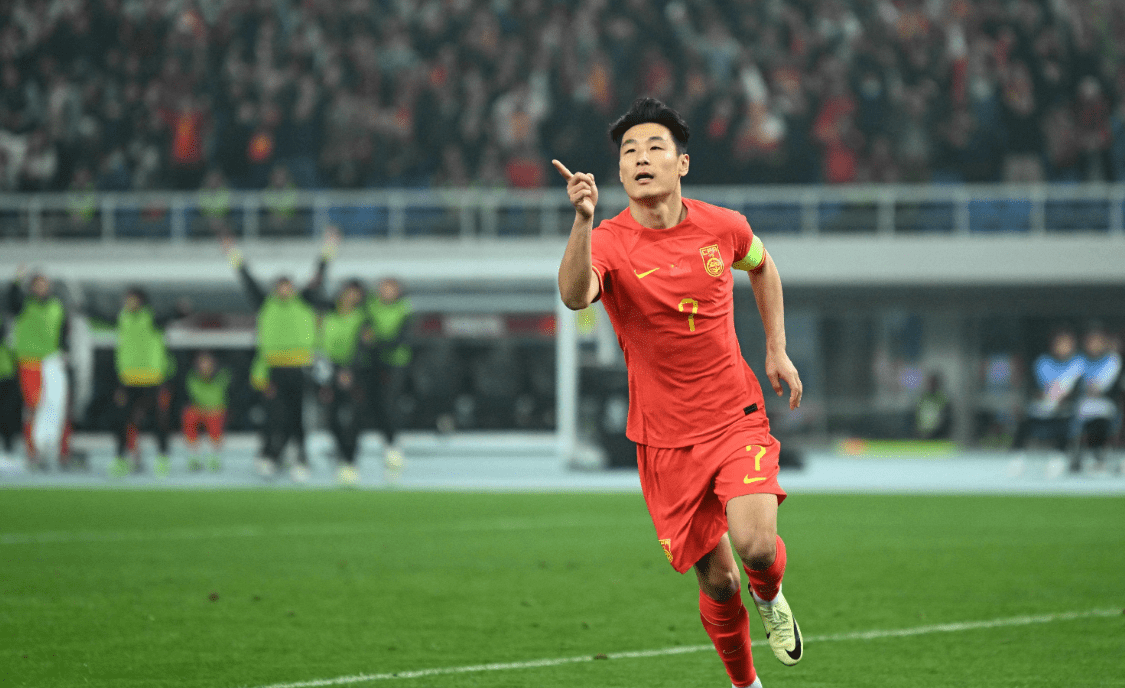
This comparison is heart-wrenching but also thought-provoking. Why can Japan and South Korea succeed? Ultimately, it's because of their systems. From youth training to professional leagues and player exports, they have established a closed-loop model. Young players have ample opportunities to train domestically, accumulate experience in professional leagues, and receive long-term planning support when moving to Europe. Looking at our own league, many young players don't even get playing opportunities, let alone talk about venturing to Europe.
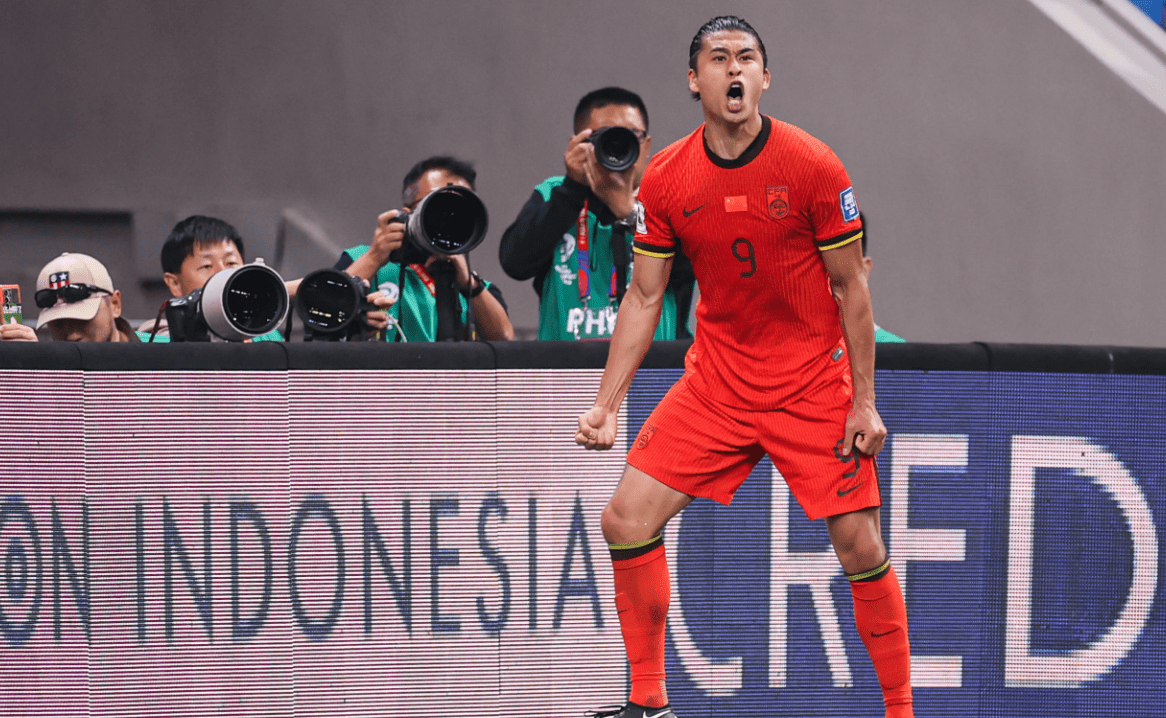
Zhang Yuning's transfer could be a refreshing rain for Chinese football, but it's also like a mirror reflecting the "scars" of the domestic system. No matter how hard individual players try, without a comprehensive mechanism supporting them, it's like a tall building standing on a single pillar, destined to collapse.
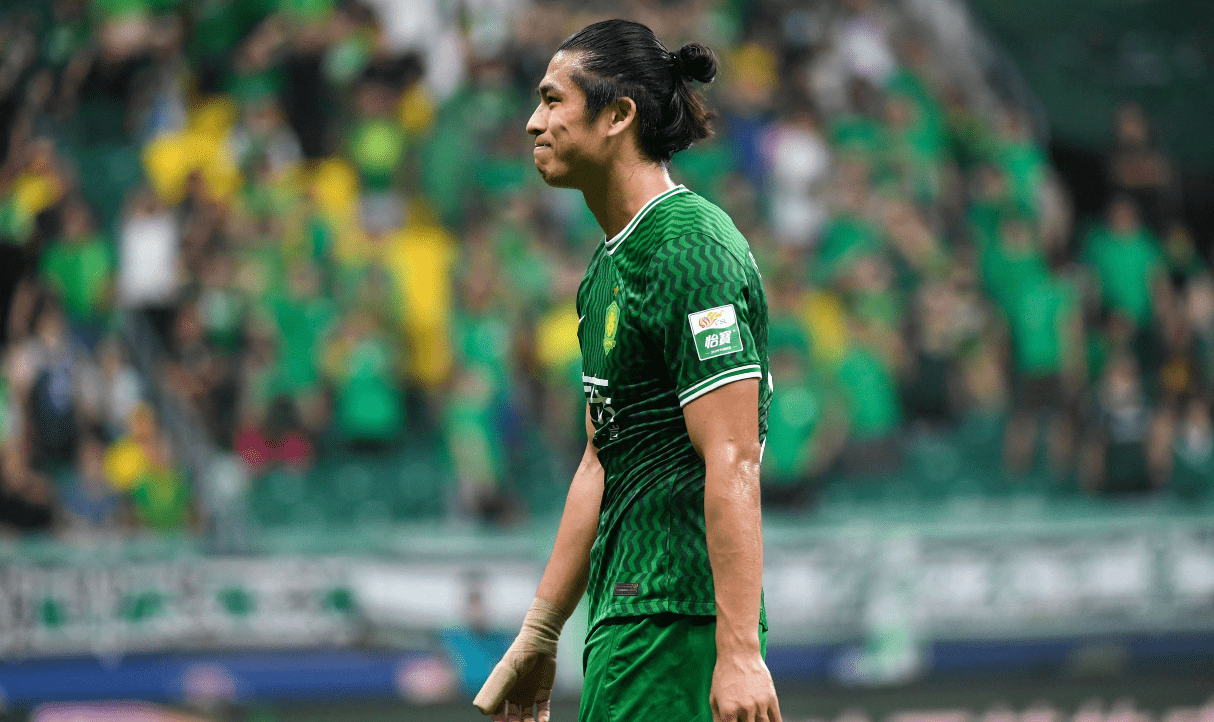
If the history of Chinese players going abroad is a "manual of failure," then Wu Lei's experience is undoubtedly the closest to success. Wu Lei went from substitute to main player at Espanyol, once becoming the focus of La Liga fans and media. However, he never fully established himself and ultimately chose to return to China due to a lack of competitiveness. It must be said that Wu Lei's speed and sense of smell are indeed good, but his shortcomings in physical confrontation and decision-making are fatal.

Zhang Yuning is different from Wu Lei. He is a pivot-type center forward with stronger physical qualities and a style more suitable for European leagues. But this doesn't mean he can easily achieve success. Being slow and lacking rhythm has always been Zhang Yuning's weakness, which are precisely the "basic thresholds" of La Liga. If he cannot quickly improve his adaptability, he may follow in Wu Lei's footsteps—initially making a splash but eventually leaving quietly.
However, considering it from another angle, perhaps Zhang Yuning is more aware of his shortcomings precisely because of precedents like Wu Lei. Only by learning to leverage his strengths and compensate for his weaknesses can he possibly stand firm on the top-level battlefield of La Liga.
Some might ask, why Atletico Madrid? As one of the giants of La Liga, Atletico Madrid is known for its defensive counter-attack tactics and has a preference for "hard-style" forwards. Judging from this perspective, Zhang Yuning's physical qualities and pivot role do meet their tactical needs. However, don't forget that competition for forwards at Atletico Madrid is fierce. Top players like Alvaro Morata and Antoine Griezmann have already firmly occupied starting positions. If Zhang Yuning really goes there, he may start as a substitute and may not get playing opportunities for a long time.
The risks are significant, but so are the opportunities. Playing in such an environment will undoubtedly be a huge boost to Zhang Yuning's growth. If he can persist and gradually rise from the bench to the starting lineup, it will not only be the peak of his personal career but also a historic breakthrough for Chinese football.
However, Atletico Madrid's choice of Zhang Yuning is more based on tactical considerations rather than long-term investment. In other words, this is more like a "short-term cooperation" rather than "long-term cultivation." Whether Zhang Yuning can truly integrate into the team depends more on himself.
Regardless of whether Zhang Yuning's transfer is successful, we must acknowledge that the difficulties of Chinese football will not be resolved by this. Behind the success of Japanese and South Korean players lies the support of the entire system, while Zhang Yuning's "adventure" is more of an individual breakthrough.
To cultivate more players like Zhang Yuning or even surpass him, Chinese football needs a thorough systemic reform. Youth training is the foundation, the league is the key, and overseas experience is the result. These elements are indispensable, yet in our system, they operate separately without any linkage. Imagine if Zhang Yuning had grown up in a system like Japan or South Korea; his achievements today might be completely different.
Zhang Yuning's potential transfer could be a small victory for Chinese football to return to the international stage or a fleeting attempt. Regardless of the outcome, someone has to walk this path. As an old saying goes, "Those who plant trees benefit those who come after." We hope that Zhang Yuning can pave the way for those who come after him and that Chinese football will no longer allow individuals to become lone heroes fighting on their own.
(Disclaimer) The processes and images described in the article are sourced from the internet. This article aims to promote positive social energy and does not contain vulgar or inappropriate content. If there are any copyright or personal infringement issues, please contact us in time, and we will delete the content immediately! If there are any questionable parts of the event, we will delete or make changes immediately after contacting us!